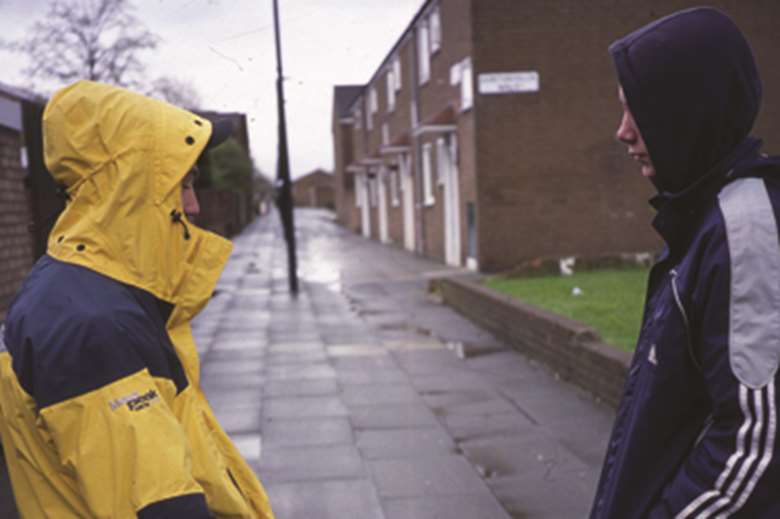Councils losing track of too many young people post-16, warn MPs
Laura McCardle
Thursday, January 22, 2015
Local authorities must strengthen arrangements for tracking the participation of 16- to 18-year-olds in education, employment or training, MPs have urged.

A statutory duty requires councils to monitor the activity of all 16- to 18-year-olds, but a report by the public accounts committee warns that some authorities have lost track of up to 20 per cent of young people in their area.
Nationally, this equates to seven per cent of young people or 140,000 16- to 18-year-olds.
In its report, the public accounts committee warns that the lack of knowledge about what has happened to some young people makes it difficult for councils to target support at those not in education, employment or training (Neet).
The committee now wants the Department for Education to “work urgently” with local authorities to identify and share best practice on how to effectively track young people’s participation.
Margaret Hodge, chair of the committee, said: “More than 100,000 young people are off the radar in that some local authorities do not know whether they are participating in education or training or not.
“If the activity of young people is unknown to the local authorities where they live, they are unlikely to receive targeted help.”
Councillor David Simmonds, chair of the Local Government Association’s children and young people board, said authorities could do more if they were granted greater legal powers to request information from other organisations.
“Councils are committed to identifying and supporting all youngsters to realise their full potential and have actually reduced the number of ‘unknown’ 16- to 18-year-olds by 14 per cent since 2012,” he said.
“To build on this success, councils urgently need more legal powers to ensure partners share vital information as quickly as possible.
“Too often the challenging task of reducing teenage disengagement is made far more difficult when schools, college, Jobcentres and national schemes do not provide the information needed to identify those in need of help.”
Simmonds’ call echoed that of Lorna Fitzjohn, Ofsted national director for further education and skills, who in September urged the government to give councils greater legal powers to obtain data from schools and training providers on the number of young people dropping out of education.
Latest government figures, published in November last year, shows that the proportion of 16- to 24-year-olds who are Neet is at its lowest level since 2007.
A spokesman for the DfE said: "The proportion of young people whose activity is not known by local authorities is decreasing.
"But we are not complacent. We continue to work with councils to encourage the exchange of good practice and regularly publish data on the progress made by each local authority so we and the public can effectively hold them to account for their performance."




